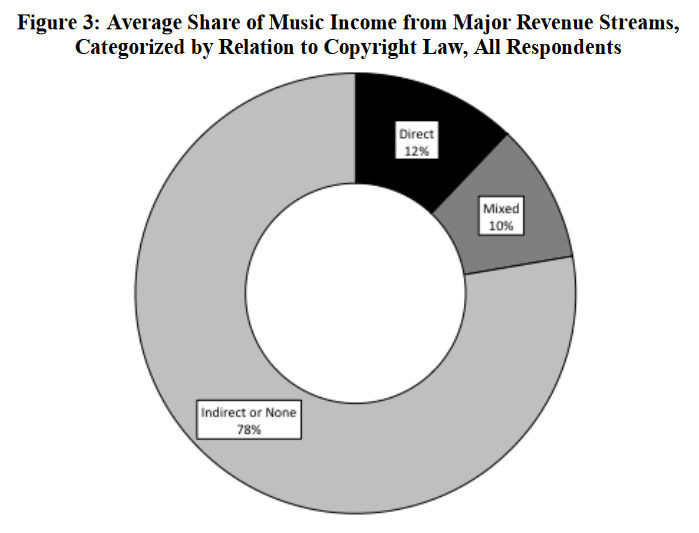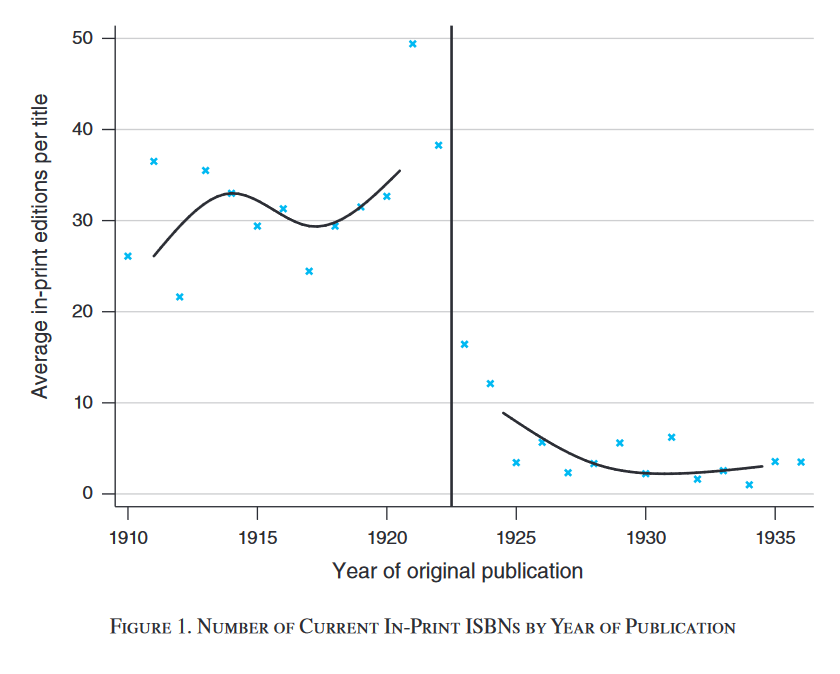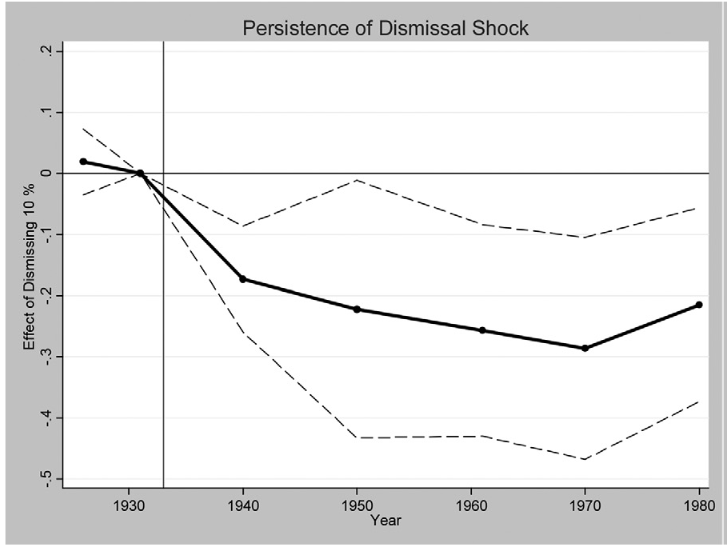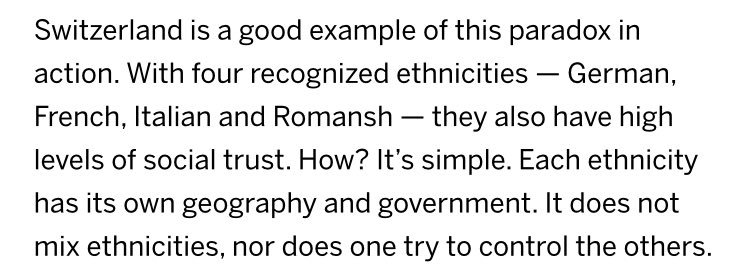A 2013 survey of 5,000 musicians found the average share of revenues directly attributable to copyright was 12%, and significantly higher for composers and musicians in the top 1% of earnings. papers.ssrn.com/sol3/papers.cf…


Of course, if the work already exists and copyright is about to expire, then the situation is different and extension is quite profitable - but at that point, it’s just rent-seeking.












